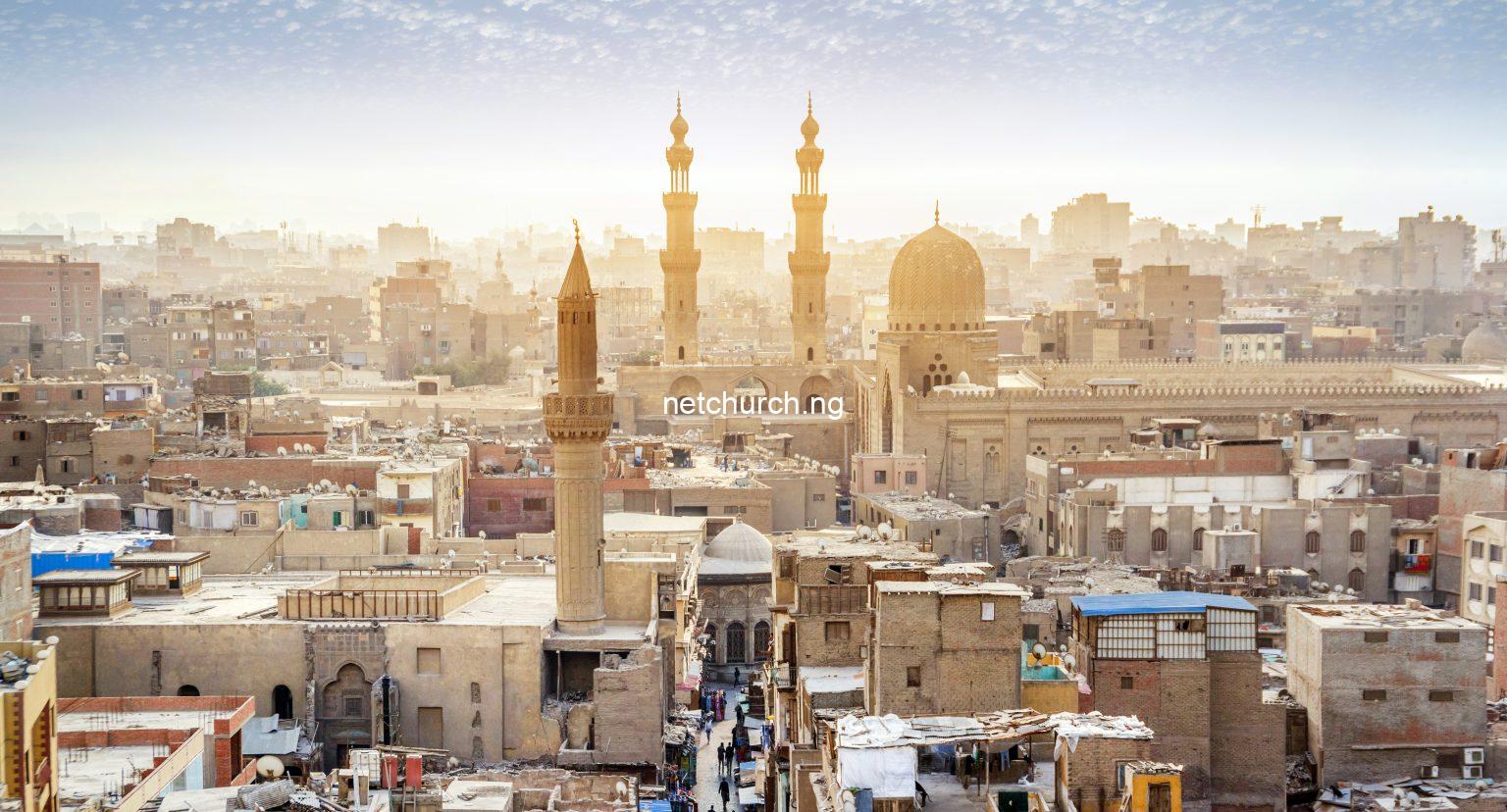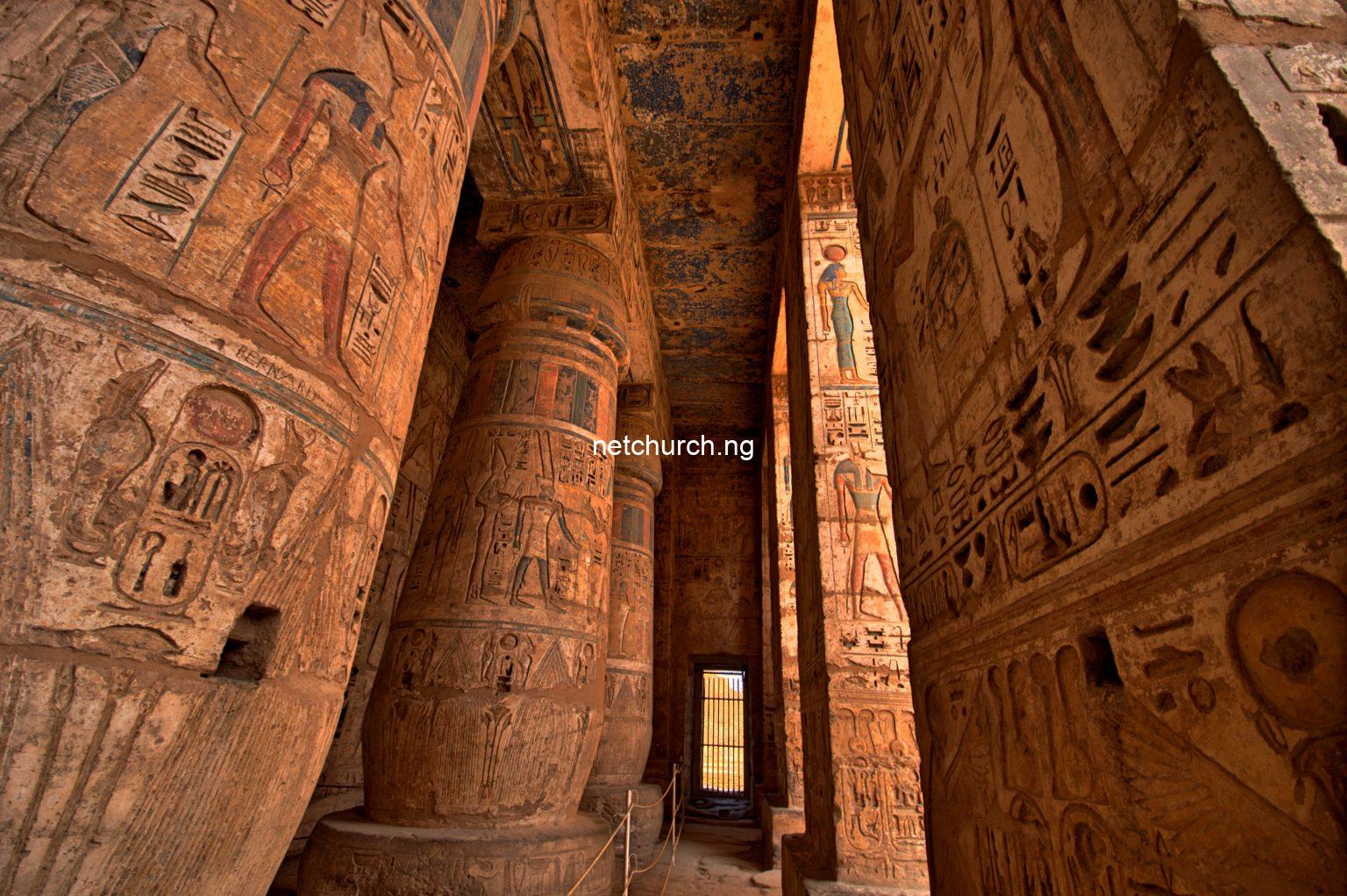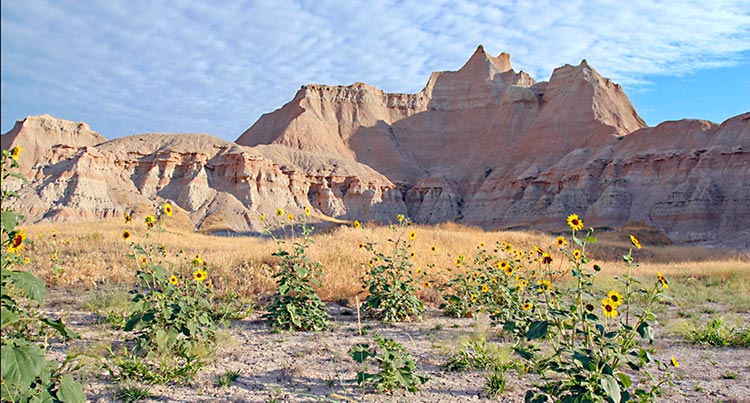BY ESTERA WIEJA
10 MIN READ
MARCH 31ST, 2021
BIBLE TEACHINGS ON ISRAEL
Among all of Israel’s neighbors, Egypt is the most prominent one in the Bible, especially in relation to Moses in the Old Testament, and in the New – to Jesus. Though not a lot of Egypt’s own history is described in the Bible, it carries great significance in Biblical history and in Jewish life.
Egypt – Israel’s Most Famous Neighbor
Since the rebirth of modern Israel in 1948, relations between the Jewish state and neighboring Egypt have only gained momentum. Peace treaties, negotiations over the Suez Canal, and mediation with Gaza are just examples of how much has been happening on Israel’s southern border.
But politics aside, the land of Egypt is mentioned by the Jewish people on a regular basis. Why? Consider the story of Passover – it begins in Egypt! The entire Book of Exodus (meaning ‘departure’ or ‘escape’) speaks of the Hebrews fleeing Egypt and finding their way to the Promised Land through the desert.
Most notably, Mount Sinai is likely located in present-day Egypt, on Sinai Peninsula, where Moses received God’s commandments. You may be wondering: How do the Jewish people feel about Egypt today? Is it hard for Egyptian believers to read the Old Testament? Do they take the harsh words about Egypt personally? Let’s take a closer look at history.
Ancient Egypt and the Modern Arab Republic
Before visiting Egypt, I knew quite a bit about her ancient beginnings from schoolbooks, movies and photo albums. But although the ancient tombs and temples remain impressive to this day, I was curious about believers in present day Egypt. Because what does Egypt mean to us?
Some may think of hieroglyphs of slender men and women with neatly shaved or trimmed hair. Others will immediately think of pyramids and the Sphinx. Still, some may associate Egypt with the kingdom described in the Old Testament – the enemy that oppressed the Jewish people. And a nation that endured plagues and served pharaohs.
If you follow modern-day events, you may think Egypt is a turbulent country that was at the forefront of the Arab Spring in early 2010s. One thing is abundantly clear. Egypt was and is a unique place that is in great need of our prayers.
Egypt – the Cradle of Civilization
Egypt’s remarkable historical heritage is a major part of her people’s identity even today. Which is easily noticeable at every step, with ancient symbols appearing on items of common use. Egyptians are proud of the superpower that the ancient Egypt once was.
We know from the Bible that Egypt had wealth, a strong army and powerful kings. Abraham and many of his descendants sojourned to Egypt in difficult times, for food and shelter. This only confirms that it was the most powerful and prosperous nation in the region.
Already in antiquity Egypt became known for its advancements in construction, medicine and agriculture. Their achievements are recognized to this day in mathematics or literature (including early paper production). And also in art, for example in unique ceramic and glass techniques.
On top of that, Egypt had an elaborate religious system. The pagan nature of the land was very evident. Kings were considered to be gods and superstition was common. After the Israelites escaped slavery in Egypt, the Bible instructed them not to follow the ways of Egypt (Lev. 18:3).
How Long were Israelites in Egypt?
Joseph, son of Jacob, did not end up in Egypt by choice (Genesis 37). But God raised him to hold a very influential position in this foreign land. Historically, Egypt was known for cooperating with other tribes and kingdoms, even allowing foreigners to take high positions in governance. We read that Joseph became second only to Pharaoh (Genesis 41:39-41) in all of Egypt.
In the end, the entire family of Jacob moved to Egypt, escaping famine and drought. For as long as Joseph was remembered by the rulers in the country, the Hebrews led a peaceful and good life among the Egyptians. But that changed once a new Pharaoh ascended to the throne “who did not know Joseph.” (Exodus 1:8)
Life conditions became progressively worse for the descendants of Abraham, Isaac, and Jacob. This situation deteriorated to the point that a few generations later, they became slaves to the Egyptians. But then, we read that God heard their cry (Exodus 3:7-8) and raised up Moses to lead them out of this land and into freedom.
Despite Moses being raised in the Pharaoh’s house, it was no easy task to set his people free. It took some intense negotiations, ten plagues and the death of Pharaoh’s own son for the Israelites to finally leave Egypt. The Bible says that the chosen nation spent 430 years in Egypt (Exodus 12:40-41) , but it was time for them to return home.
The Foreign Affairs of the Promised Land
Moses is considered to be the most important prophet in Judaism. And the Exodus from Egypt was undoubtedly the most significant event on the Nile that is mentioned in the Bible. But it is far from the last one. As Israelites were taking possession of their Promised Land, they were still very aware of the powerful kingdom to the south.
That could be the reason why Israel’s third king, Solomon, made the diplomatic decision to marry Pharaoh’s daughter: “And Solomon made affinity with Pharaoh king of Egypt, and took Pharaoh’s daughter, and brought her into the city of David…” (1 Kings 3:1).
What may have seemed like a good political move did not turn out to be a good one spiritually. The many wives of Solomon weakened his devotion to the Lord. One of his biggest downfalls was building altars to other gods for his wives. His rulership ended with the Kingdom of Israel being split into two. But it was his son who reaped the fruit of his failures:
“Rehoboam, son of Solomon and the first king of Judah, was attacked in the fifth year of his reign by an Egyptian pharaoh. As a result of his defeat, Judah became a vassal state, subordinate to Egypt. The Israelites had forsaken the LORD and so, the LORD left them to the hands of Pharaoh. And it came to pass, that in the fifth year of King Rehoboam Shishak King of Egypt came up against Jerusalem, because they had transgressed against the Lord.” (2 Chronicles 12:2)
A Journey through Israel and Egypt
It may seem that a lot of Egypt’s involvement in Biblical history was rather grim. But there are a few instances that paint a different picture. When I visited offices of a notable Christian ministry in Cairo, one of its rooms got etched in my memory. Its wall was covered with murals of two Biblical stories I immediately recognized.
The first mural was of Joseph, the son of Jacob who became a governor in Egypt. On the mural, he looked dignified and content. And, very Egyptian. To the local Christians, Joseph is not just a hero they can relate to. He is a redemptive archetype that foreshadowed Jesus. Joseph’s story paints Egypt as a land of plenty and of success. It was a refuge to the family chosen by God.
The mural next to it also looked very familiar. A couple with an infant travel through the desert on a donkey. The background definitely looked like the land of Egypt, but the couple looked like fresh out of the Nativity story. Except Mary was no longer pregnant, and instead was cradling a baby boy.
Jesus in Egypt

The family of Jesus was instructed to seek shelter in Egypt when His life was in danger (Matt. 2:13). We don’t know much about the time they spent by the Nile, but we can assume they were safe. God Himself instructed them to find refuge in the south. Egyptian Christians share this story with pride, even though not much else can be said about it.
But this remains true: the Jewish Messiah, our Savior and Son of God, lived for a short season in Egypt. What an exceptional fact to have as a part of your nation’s history! Nevertheless, not too many Egyptians know this, given that the majority of the country follows Islam.
It is legal to be a Christian in Egypt, as long as you are born one. Every citizen has their religious affiliation specified on their identity card. If your passport or other document states you were born into a Muslim family, you cannot change it.
This means that the right to choose what to believe is practically withdrawn from you at the moment of birth. So, are there no people in Egypt who consciously chose to accept Jesus as their Savior? There are. But often they have to keep their faith secret, to avoid persecution or even death.
My Egyptian host explained to me how significant the stories of Joseph and baby Jesus are to the believers in his country. It is what unites them all across Egypt. And then, he started asking me about Western countries, and sighed: “It must be wonderful to live in a country where everyone’s a Christian…” Inadvertently, I sighed as well.
Why is Egypt in the Bible?
I asked my host how the Egyptian Christians look at some of the prophecies and harsh words about Egypt in the Old Testament. Aside from actual events that took place in Egypt or in relation to Egypt, the Bible often uses this nation as a negative example or a lesson to learn.
After enslaving the Hebrews and because of idolatry, Egypt became synonymous with sin and bondage. Compelling the Jewish people to choose life, God cautions them about returning to Egypt and living in sin (Deut. 17:16).
Since the days of the Old Testament’s prophets, many of the prophecies about Egypt have been fulfilled. The glory of the Pharaohs is long gone, and Egypt is not as powerful as it was in antiquity. As the prophets had foretold, Egypt became a home of rebellion and internal conflicts.
But just as God said Egypt will be smitten, He also promised that she will be healed. Christians in Egypt hold on to this promise and continue to pray for their nation. In response to my question, my host smiled with understanding. Maybe I wasn’t the first one to ask these questions.
He humbly replied, “This country probably deserved great damnation in the past. But Jesus came to earth for that very reason. He showed us that there is such a thing as grace.”
Thanks to the prophet Isaiah, we know that to be true. “And when the Lord will strike Egypt, strike and heal, then they will turn to the Lord, and He will turn to God, let them plead and heal them.” (Isa. 19:22)
Bring Good News & Transform Lives in Israel
Are you looking to make a difference in Israel, and help bring the Good News about Jesus’ resurrection? You’re invited to join in God’s plan for his people!
The Tribe is a passionate and faithful group of monthly donors on a mission to transform lives in Israel through the love of Jesus. Join the Tribe today: firmisrael.org/thetribe
Estera Wieja is a journalist, book author and public speaker, focused on the topics of Israel, Jewish history, and Judeo-Christian culture. Born and raised in Poland, Estera is a regular contributor to “Our Inspirations” magazine in Poland. She holds a Bachelor degree in Communications and Media from Azusa Pacific University (California, USA), and a Master degree in Journalism from University of Warsaw, Poland. Estera has lived in Jerusalem, Israel for several years before joining the staff at FIRM in 2018





